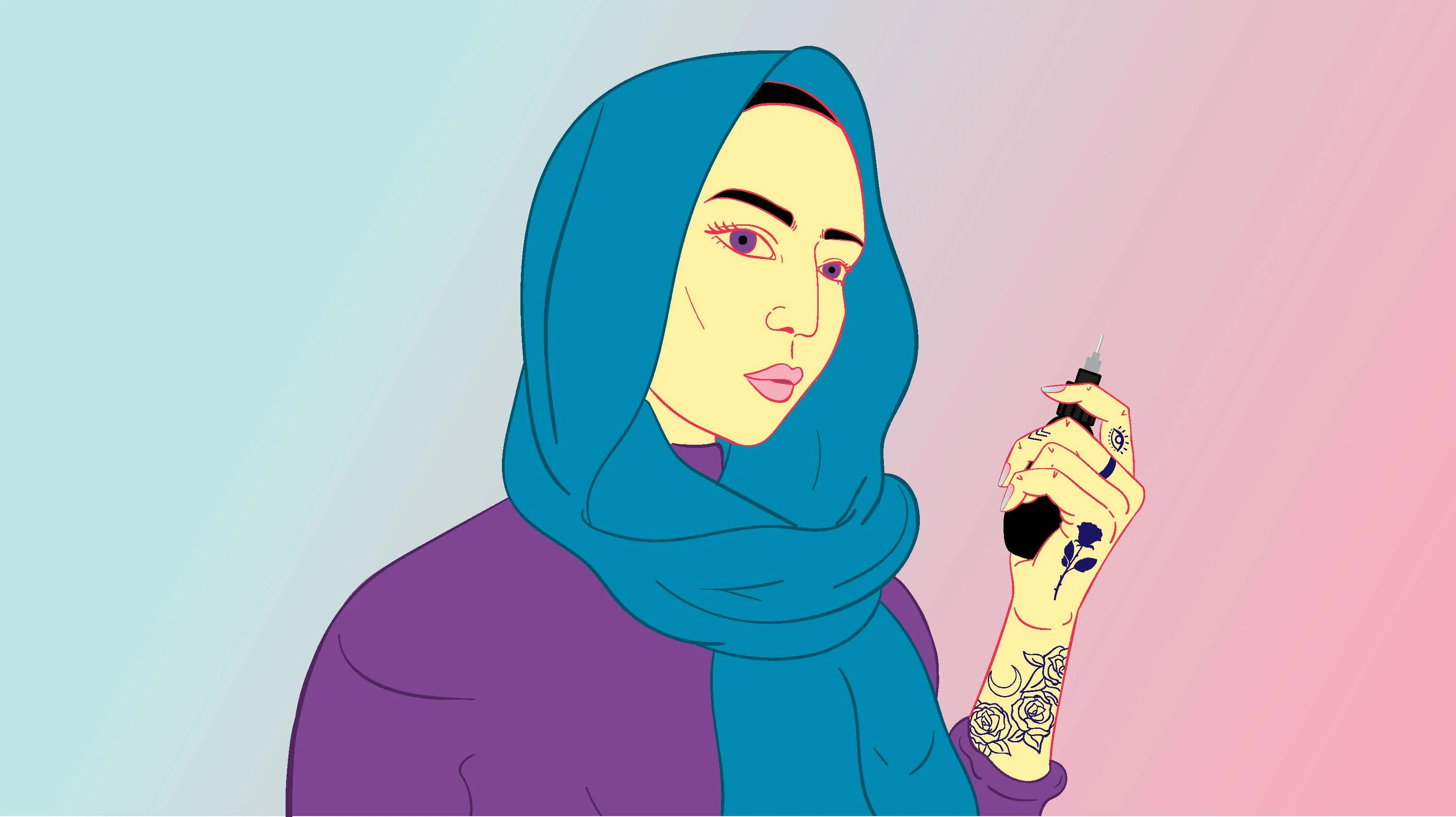
Are Tattoos Haram?
A tattoo can be a beautiful expression of personality and belief. They can showcase a facet of your personality or tell the story of your past. Artists are constantly pushing the limits of tattoo desi...
A tattoo can be a beautiful expression of personality and belief. They can showcase a facet of your personality or tell the story of your past. Artists are constantly pushing the limits of tattoo design, and now that long-term temporary tattoos are available, there are endless options for even the most indecisive tattoo lovers. But are they compatible with your religion?
Much is known about the foundations of Islam and about the life and teachings of the Prophet Mohammed (may peace be upon him). Islamic law is therefore quite specific when it comes to certain aspects of life, although there are still a vast amount of interpretations. So that leaves the question: Are tattoos allowed or are they forbidden, or haram?
Most Muslim scholars write that permanent tattoos are haram, though there is no actual mention of tattoos in the Qur'an. Many devout Muslims determine tattoos completely fine and go ahead with their own. However, the intentional infliction of pain on the body is forbidden by Islamic law, thus many consider tattoos and even piercings out of the question. Tattoos alter God's creation which is strictly forbidden in Islam. According to the Hadith, the oral tradition of the Prophet's sayings and daily life, the Prophet Mohammed (PBUH) declared that "the one who gives tattoos and the one who receives them have been cursed."
So, what about temporary tattoos? There is no clear consensus on this matter. While very strict interpreters of the Hadith do not accept temporary tattoos or self-alteration of any kind, skin dying is practiced by a wide portion of the Muslim community. The cultures of many predominantly Muslim areas have long-standing traditions of using Henna dye, derived from the Henna tree, to temporarily dye a woman's skin for special occasions and celebrations. Because Henna dying occurred freely in the time of Mohammed (PBUH), it is thought to be exempt from bans on long-term self-alteration.

Photo via Tattoo-Models
Does it follow, then, that temporary tattoos are also allowed? Many adherents to Islam would say yes, with even conservative scholars of Islam stating that practices similar to Henna, such as Inkbox tattoos are permissible. Similar to Henna, Inkbox does not block or create a layer that is impermeable, thus it still allows water to reach the skin during Wudu and Ghusl. Although Inkbox does contain ethanol, there is no risk of intoxication as it would be the same as using an alcohol wipe for medical uses, or when ethanol is used in cosmetics. So long as the adornment is temporary and harmless, there is no direct conflict with Sharia, the written Islamic law, or with the Hadith, though the use of temporary tattooing is not exactly endorsed. Temporary dyes and tattoos are often placed in the same category as things like blush and eyeliner.
Thinking of getting a temporary tattoo? There are still a few guidelines to follow to ensure you remain in the Haram-free zone. Islamic art is full of intricate geometries and elegant script, but devoid of any imagery of people, to avoid false idolatry. Depictions of people or animals are thus forbidden in tattoos; any impure images are likewise forbidden. The tattoo or dye must also be applied and revealed in a way consistent with the rest of Islamic law.

Photo by Pranav Gulati via Travel Triangle
Many strict rules guide the lives of devout adherents to any religion. Muslims can find many ways, both modern and traditional, to stay within the limits set by their religion while still expressing themselves through tattoos. Just make sure the tattoos won't last forever.
Check out Ramsey Aburaneh's story down below to see how he express himself with Inkbox without sacrificing religious beliefs.
Written by Jacquelyn Lewis
Artwork by @_novaraye